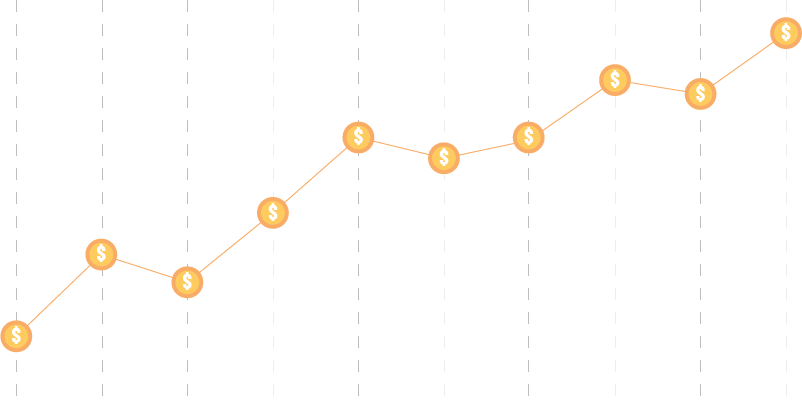UM Programs
Cardiology
Revolutionizing Cardiac Care Management
Our AI-enhanced cardiology program combines precision, compassion and expertise to create the most beneficial care pathway for each patient.
Program Includes:
Outpatient, devices, interventional and imaging
Focused on highly-utilized/costly services
AI-powered analytics to optimize the management of tests and treatments
Eliminates Unnecessary Procedures
Expedited communication with AI to eliminate redundant testing and reduce associated risk
Collaborative care
Proactive specialist-to-specialist outreach to maximize alignment, expedited with AI workflows
Addressing the Challenges
$555B Annual Cardiac Cost in the U.S.

5:1 Average ROI
AI-driven efficiencies
Increased Provider Satisfaction
AI-optimized approvals
Reduced Repeat Imaging
AI workflow processes
Why choose WNS-HealthHelp
Optimized Outcomes
Our AI-enhanced collaborative programs eliminate friction in clinical interactions, strengthen results and proactively support providers and members. We empower decision-making with intelligent insights.
Payers
Get optimal outcomes, provider satisfaction and better member experiences with AI-driven workflows
Providers
Gain expert consultation, AI-powered clinical decision support and expedited workflows
Patients
Get the most appropriate care at the lowest cost, expedited by AI with a personalized treatment journey
Related Articles
Uniting UM Expertise and Innovation
In today’s fast-evolving healthcare landscape, the need for faster approvals, reduced denials and seamless provider collaboration is more critical than ever.
Breaking the AI Denial Cycle
AI has received negative press for automating denials. Learn how AI can be channeled to rescue needed patient care.
AI-driven Innovations in UM Workflow
In the rapidly evolving healthcare industry, AI has emerged as a transformative force, particularly in streamlining UM.




